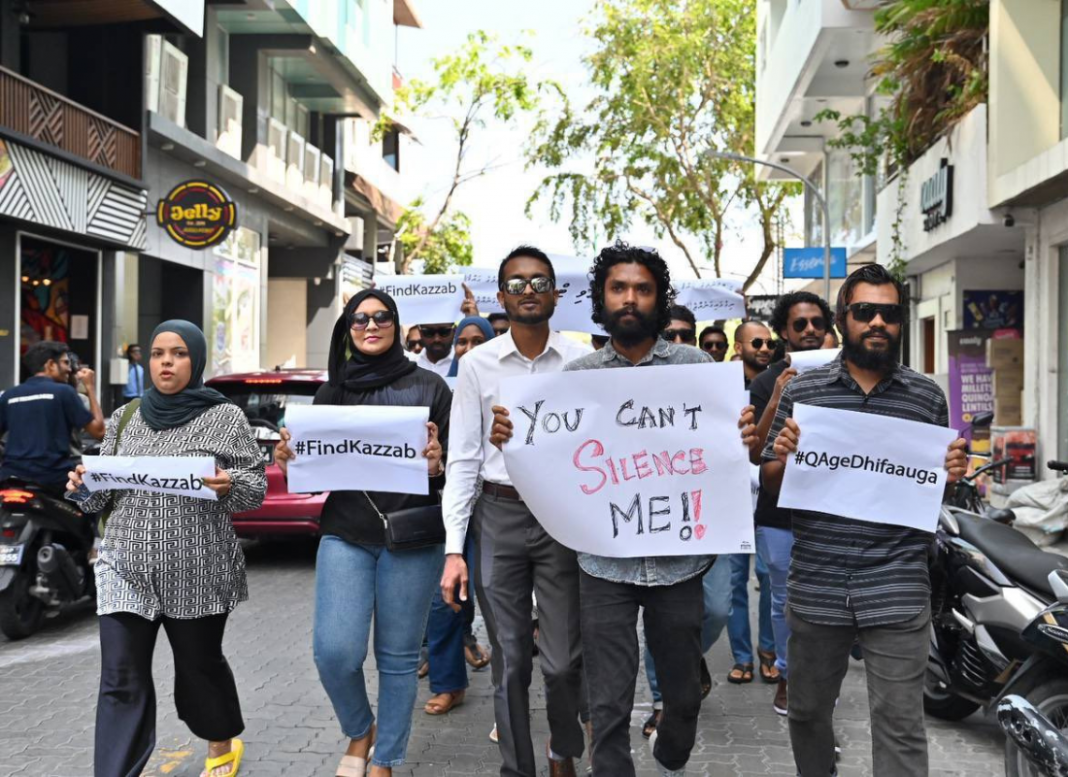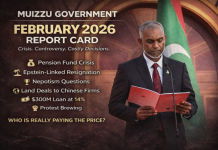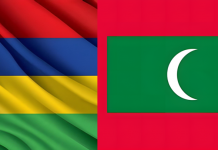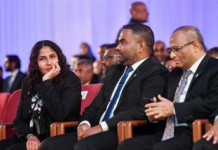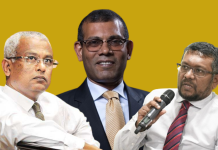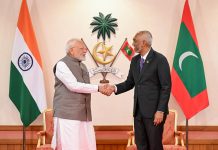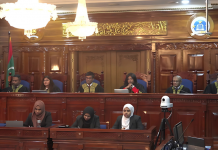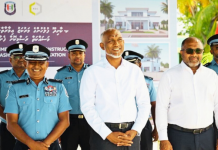The recent summoning of opposition activist Hussain Shafiu by the police over a social media post from November 8 has raised serious concerns about the state of free speech and the government’s growing attempt to silence dissent in the Maldives. Shafiu, a vocal critic of President Muizzu’s administration, was called to provide a statement to the police for allegedly causing public fear through his post on X. While the police claim the post contained “obscene language” intended to create fear, the opposition has blasted this as an effort to curtail freedom of expression.
This development is far from isolated. Just last week, the Local Government Authority (LGA) initiated an investigation into comments made by an island council president accusing him of defaming President Muizzu and other senior government officials. It’s clear that the ruling Progressive National Congress (PNC) and President Muizzu’s government are ramping up their efforts to suppress critical voices, painting legitimate political opposition as a threat to the nation’s security.
Fayyaz Ismail, the Chairperson of the Maldivian Democratic Party (MDP), voiced his alarm over the police action, asserting that criticizing the government has now become a criminal act in the Maldives. His comments are a stark reminder of how authoritarian tactics are creeping into the political landscape, with those who dare to question the government becoming the targets of investigations and harassment.
The issue at hand is not merely a single post by Shafiu but a broader pattern of silencing opposition and discouraging free speech. The post in question, which referenced the term “Kazzab,” was deemed offensive by the police, who linked the term to an individual despite the activist’s insistence that the post was not intended to target anyone specifically. In his statement to the police, Shafiu clarified that there was nothing in his post that would have caused fear, arguing that the police were distorting his words for their own agenda.
The charges leveled against Shafiu—ranging from assault to reckless endangerment—are a clear attempt to create a chilling effect on anyone who dares to speak out against the government. What’s most troubling is the vague nature of the accusations. The police have yet to identify who was allegedly harmed or threatened by the post, further casting doubt on the legitimacy of their claims. This raises questions about the true intentions behind these legal actions: is it really about protecting the public, or is it an attempt to intimidate and silence political opponents?
Under the current administration, criticism is increasingly being framed as a criminal act. This disturbing trend has been evident in the government’s response to local government leaders, activists, and even ordinary citizens who have spoken out. Whether it’s the investigation into the Gaaf Dhaal Gadhdhoo island council president or the seizure of a phone from a Maldivian who took a photo of President Muizzu, it’s becoming clear that the government is willing to go to great lengths to suppress any form of opposition.
The actions taken by the police are emblematic of a wider strategy to undermine the democratic rights of the people, especially when it comes to challenging the ruling party’s agenda. The chilling effect on free speech is growing stronger, and the message to the public is clear: Speak out against the government, and you risk facing legal consequences.

